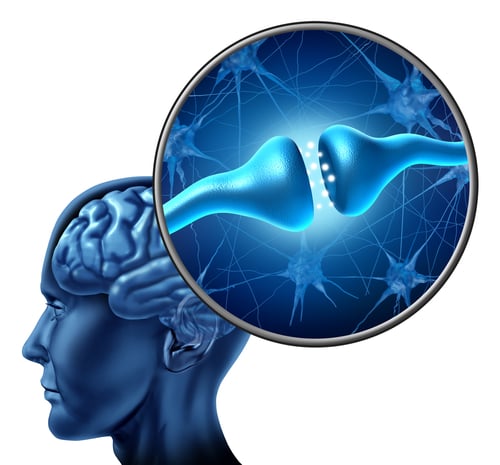
“With more states opting to legalize the sale of medical marijuana, researchers are taking a closer look at the use of cannabis to treat chronic illnesses.
Dr. Manny Alvarez, senior managing health editor of FoxNews.com, recently sat down with the Medicine Hunter, Chris Kilham, to find out how it’s being studied.
Dr. Manny: Now from the medical marijuana perspective, as far as the treatment of chronic illnesses, what is it about cannabis that makes it that special?
Medicine Hunter: Well, it seems that there are primarily two things – there’s the THC, that’s what people associated with getting high. And that appears to have a saliatory effect on the eyes in case of glaucoma. For people who are suffering from chemotherapy and can’t eat, it helps to get their appetite back. And we also know that it is a potent pain reliever – and science on that goes back to the 1890s.
But there’s another agent in cannabis that is getting more attention now, and that is called cannabidiol. And this is something that you can swallow by the bucket-full, and it won’t get you high at all. But it appears to have profound nerve-protective and brain-enhancing properties. And interestingly enough, it also induces an anti-anxiety effect.
So this appears to be a very important agent, perhaps useful in the treatment of neurodegenerative disorders.
DM: Are they extracting that particular chemical off the marijuana?
MH: There seem to be two pathways that people are taking. You’ve got G.W. pharmaceuticals in Britain that has come out with a whole cannabis fluid spray. You’ve got people also isolating cannabidiol and playing with that in the lab.
I don’t know how this is all going to settle out – I mean, as a whole-plant person, I’m inclined toward the whole extract. But it does appear that this may also have anti-cancer properties, and that’s very intriguing.
DM: Is marijuana addictive?
MH: I would say that people can absolutely become dependent upon it. But not physiologically addictive. And, as you know, that’s not just parsing terms – I mean physiological addiction, you go through very grave withdrawal.
But people can become dependent on it just as they can on any substance.
DM: Tell me about this study in the American Journal of Pediatrics talking about pregnant Jamaican women and the use of pot.
MH: Melanie Dreher, who is the dean of nursing at Rush Medical Center inChicago, did a study in Jamaica. It was actually published in the American Journal of Pediatrics in 1994, but now it’s re-circulating because of all the interest in the neuroprotective properties.
Basically, she studied women during their entire pregnancy, and then studied the babies about a year after birth. And what she studied was a group of women who did smoke cannabis during pregnancy and those who didn’t. She expected to see a difference in the babies as far as birth weight and neuro tests, but there was no difference whatsoever. The differences that the researchers did notice, that are unexplained and kind of curious are that the babies of the women who had smoked cannabis — and we’re talking about daily use during their pregnancy — socialized more quickly, made eye contact more quickly and were easier to engage.
We don’t know why this is so, but all the old saws of smoking during pregnancy will result in low birth weight did not show up — at least in the Jamaican study. In U.S. studies where we’ve seen a similar investigation, women have concurrently been abusing alcohol and other drugs as well.
Alvarez said it’s interesting to note that there may be neuroprotective properties present in cannabis and the cannibidiol extract, but that smoking of any kind in pregnant women is discouraged.”
More research is needed when it comes to medical marijuana, he added.”
http://www.foxnews.com/health/2012/03/20/researchers-study-neuroprotective-properties-in-cannabis/






